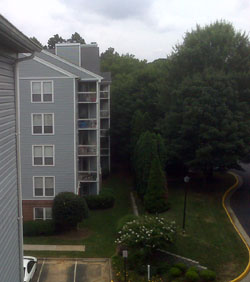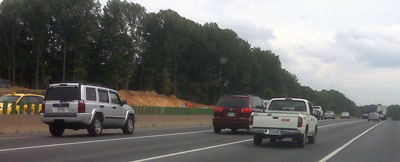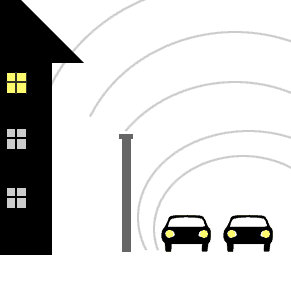What every purchaser should know about title insurance
Here are some of the basics about title insurance:
1. Every mortgage lender requires title insurance. Title insurance protects the lender and the secondary markets to which they sell the loans from defects in the title to your home and property. It ensures the validity and enforceability of the mortgage document. Title defects could include mistakes made in the local property office, forged documents and claims from unknown parties. The amount of the policy is equal to the amount of your mortgage at its inception. You pay a one-time fee as part of your closing costs. If you are purchasing a home, you should also purchase an owner’s policy which provides coverage up to the purchase price of the home you are buying. In some states it is customary for the seller to purchase the owner’s policy on your behalf.
2. You have the right to choose your title insurance provider! You can shop around for a lower insurance premium rate on line at sites, or you can also ask your lender or real estate professional for help in getting quotes.
3. Check the companies out before you select one. Make sure the title insurance company you choose has a favorable Financial Stability Rating® with Demotech, Inc., the leading title insurance rating company.
4. It’s easy to save money on title insurance. Request quotes from a few companies and then reach out and speak to them. Ask about hidden fees and charges which could make one quote seem more attractive than another. Ask about discounts. There are often discounts available if you are refinancing and sometimes even when you are purchasing if the current policy issued to the seller on the property isn’t too old.
5. Even new construction needs coverage. Even though the home is new, the land isn’t. There may be claims to the land or liens placed during the construction which could negatively impact your home.
For more information or to set up an appointment call Julie at (703)765-0300.



